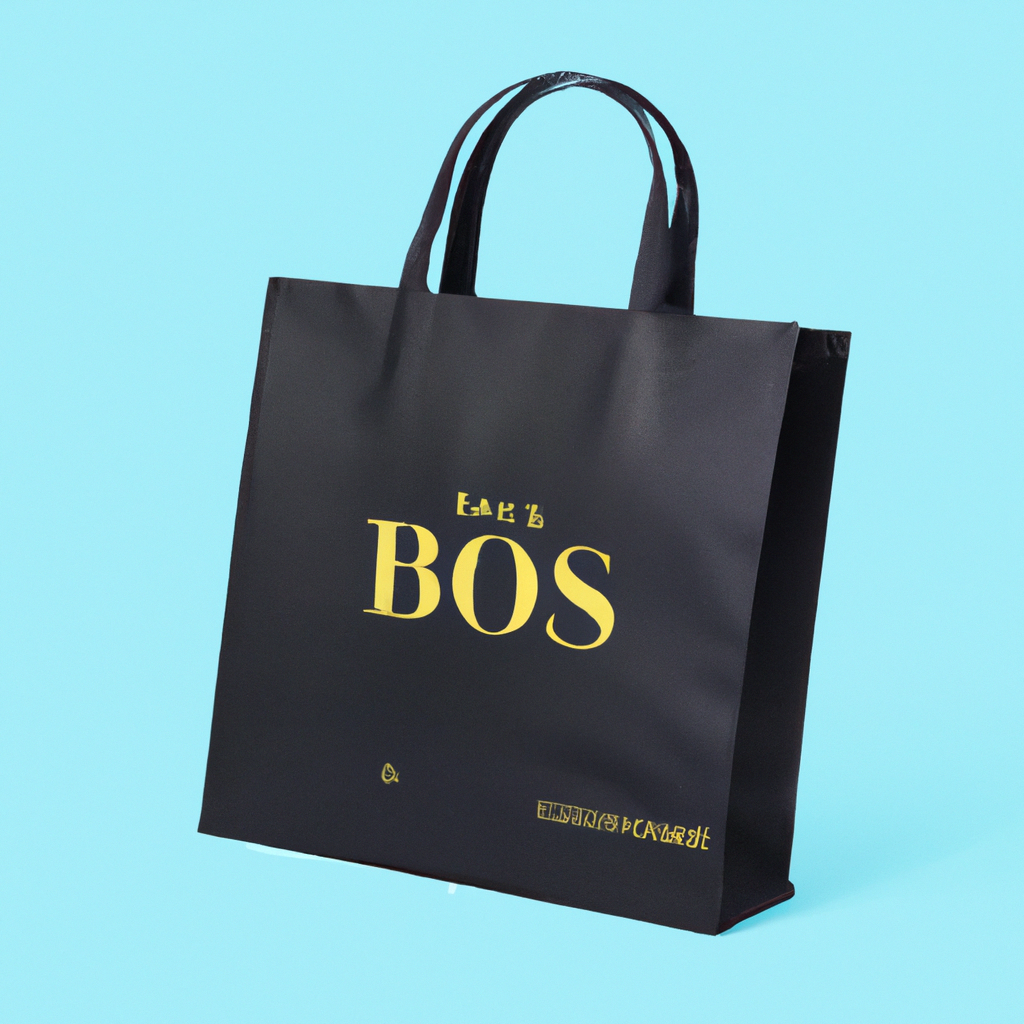German fashion house Hugo Boss is facing challenges in connecting with consumers.
Shares of Hugo Boss plummeted over 7% on Tuesday after the luxury retailer announced it was lowering its 2024 sales outlook due to declining demand in key markets like the U.K. and China.
The company attributed the revised outlook to “persistent macroeconomic and geopolitical challenges” that have dampened global consumer demand.
“We are operating in a period of significant global macro uncertainty, which also affected our performance in the second quarter,” said Daniel Grieder, Hugo Boss’ chief executive officer, in a statement.
Grieder mentioned that despite the uncertain timing of a “macro recovery,” the company aims to be profitable in the second half of the year through its “CLAIM 5″ growth strategy, which has been in place for the past three years.
Hugo Boss is not alone in its consumer outreach struggles in Europe and Asia. Earlier this week, British luxury giant Burberry reported similar issues, citing a decline in popularity among Chinese consumers. Burberry also announced it would be replacing its CEO and is preparing for a drop in profits, leading to a 16% fall in its stock.
Chinese shoppers have historically been crucial for the luxury industry. Despite the struggles faced by Hugo Boss and Burberry, other high-end retailers like Prada and Moncler have been experiencing a boost from shoppers in Asia. In April, these retailers noted their sales were supported by both local shoppers and tourists.
